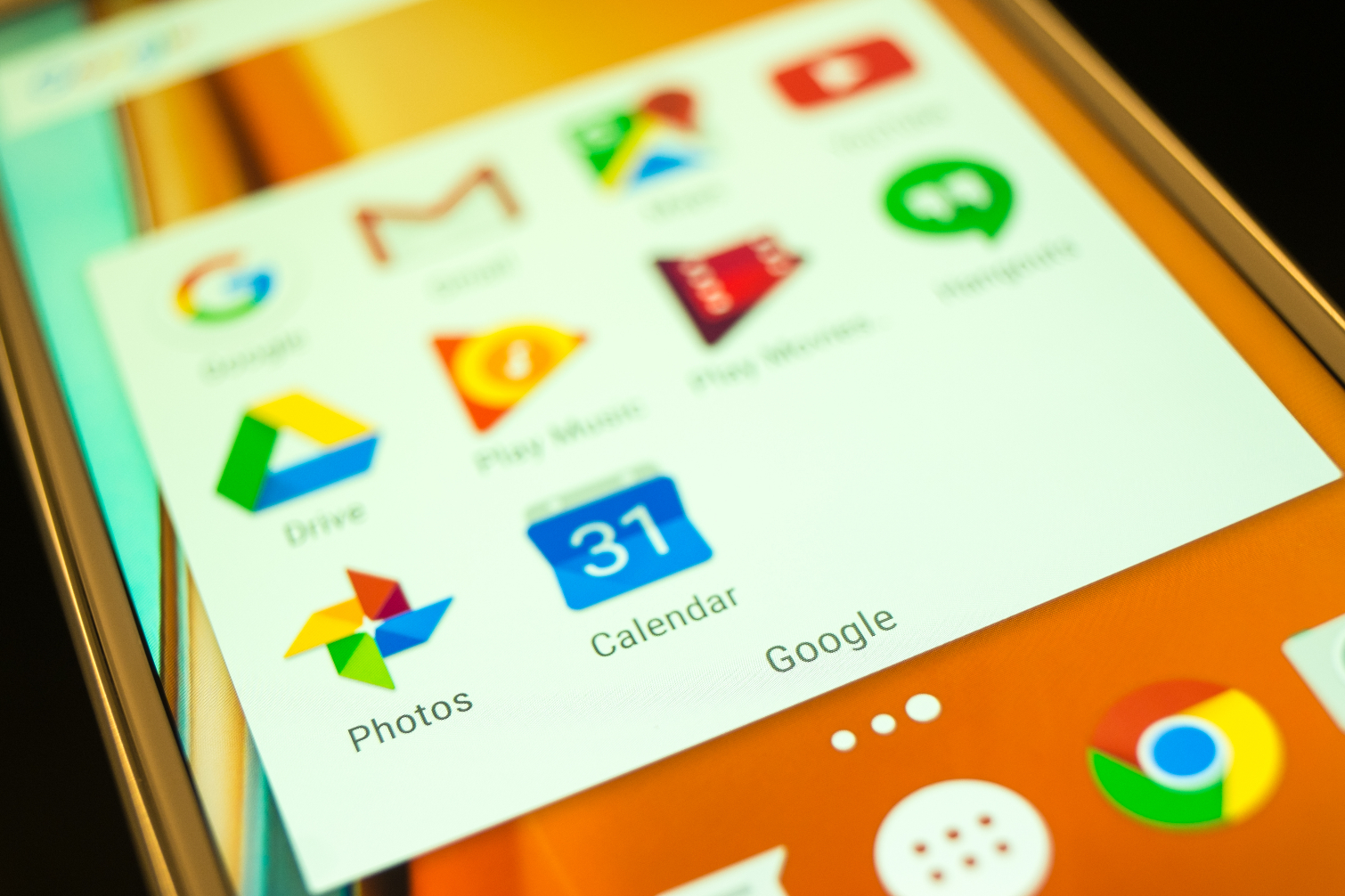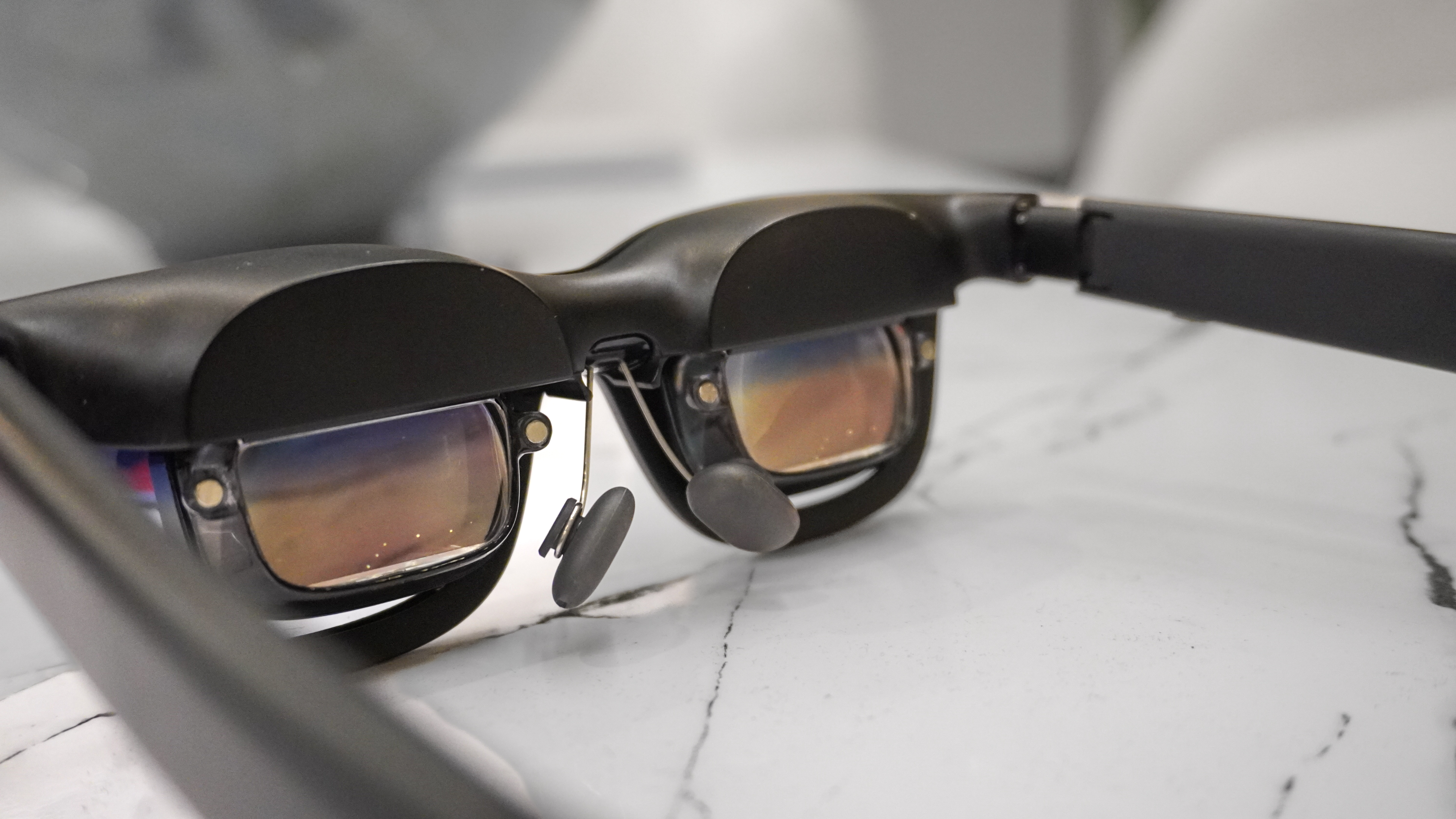Android Sucks 10X More of Your Private Data Than iPhone
It's not only location: Google phones seems to be sucking up as much data as they can about users, while Apple keeps it cool.
Here at Tom’s Guide our expert editors are committed to bringing you the best news, reviews and guides to help you stay informed and ahead of the curve!
You are now subscribed
Your newsletter sign-up was successful
Want to add more newsletters?

Daily (Mon-Sun)
Tom's Guide Daily
Sign up to get the latest updates on all of your favorite content! From cutting-edge tech news and the hottest streaming buzz to unbeatable deals on the best products and in-depth reviews, we’ve got you covered.

Weekly on Thursday
Tom's AI Guide
Be AI savvy with your weekly newsletter summing up all the biggest AI news you need to know. Plus, analysis from our AI editor and tips on how to use the latest AI tools!

Weekly on Friday
Tom's iGuide
Unlock the vast world of Apple news straight to your inbox. With coverage on everything from exciting product launches to essential software updates, this is your go-to source for the latest updates on all the best Apple content.

Weekly on Monday
Tom's Streaming Guide
Our weekly newsletter is expertly crafted to immerse you in the world of streaming. Stay updated on the latest releases and our top recommendations across your favorite streaming platforms.
Join the club
Get full access to premium articles, exclusive features and a growing list of member rewards.
According to a research paper published by Vanderbilt University's Professor Douglas Schmidt Aug. 15, Google’s Android phones are sucking information from your private life at a much higher rate than Apple’s iPhones — almost 10 times more, on average.

On Aug. 13, Google was caught snatching location data from users who specifically asked to turn off location history, but Professor Schmidt’s research points out that it goes beyond that.
"Google is the world’s largest digital advertising company," he said. "[It] utilizes the tremendous reach of its products to collect detailed information about people’s online and real-world behaviors, which it then uses to target them with paid advertising."
According to Schmidt, Google’s revenues increase in parallel to the refinement of its data collection, since this helps the company to better target its advertising. It’s the same privacy problem that plagues Facebook.
The results look pretty damning. Chrome on Android is sending data back to the Mountain View mothership at a rate of almost 50 times as much as Safari on iPhone.
Schmidt explains that Google collects data in active and passive ways. He says that every time you sign in to any of its services, from Gmail to YouTube to Photos, you are actively sending information. It’s a necessary evil.
The passive ways, however, happen without any user intervention or knowledge. The location data is a good example of that — a user has to actually take steps to stop it from happening, even while he or she thought there was no location gathering after turning off location history.
MORE: How to Stop Google from Tracking Your Location
Get instant access to breaking news, the hottest reviews, great deals and helpful tips.
The research, Schmidt claims in his paper, focused on the passive ways. He intercepted and analyzed all the traffic going to Google servers, analyzing Google’s My Activity and Takeout tools, and the company’s privacy policies, as well as third-party research on Google’s data collection activities.
The results look pretty damning. One data point: Chrome on Android is sending data back to the Mountain View mothership at a rate of almost 50 times as much as Safari on iPhone.
His research final conclusions are not surprising.
“[Google is] able to collect user data through a variety of techniques that may not be easily graspable by a general user,” Schmidt pointed out. “A major part of Google’s data collection occurs while a user is not directly engaged with any of its products. The magnitude of such collection is significant, especially on Android mobile devices.”
While Google may claim that a lot of this information is anonymous, Schmidts said that “Google distinctively possesses the ability to utilize data collected from other sources to de-anonymize such a collection.”
In other words: You and your antics are exposed, individually.
On the other hand, there’s Apple. Unlike Google, the company’s business is selling its products, iCloud services, apps and content. It has no need to suck so much data from its users. In fact, this is why Apple’s CEO Tim Cook is constantly making a point about how important user privacy is in contrast to Google and Facebook.
And while Apple is not free of the private-data-sucking sin, Schmidt’s research shows that they are not even in the same galaxy as Google.
Jesus Diaz founded the new Sploid for Gawker Media after seven years working at Gizmodo, where he helmed the lost-in-a-bar iPhone 4 story and wrote old angry man rants, among other things. He's a creative director, screenwriter, and producer at The Magic Sauce, and currently writes for Fast Company and Tom's Guide.
-
darkomaledictus Terrible headlines... click bait spam. Worst than google...Reply
just use Adblock, Android is the only place to be when the competitor locks everything behind a vault and won't even let you use external storage so they can siphon you silly... -
seanvigent Reply21254303 said:Your headlines are really annoying, and yeah I will stick with my Android
Your comment can otherwise be read as "I'm in denial and I refuse to believe my Android phone takes more private information from me than an iPhone".
 Club Benefits
Club Benefits











